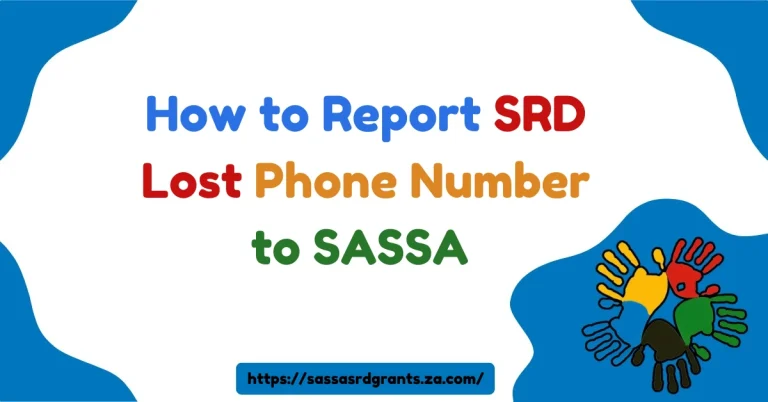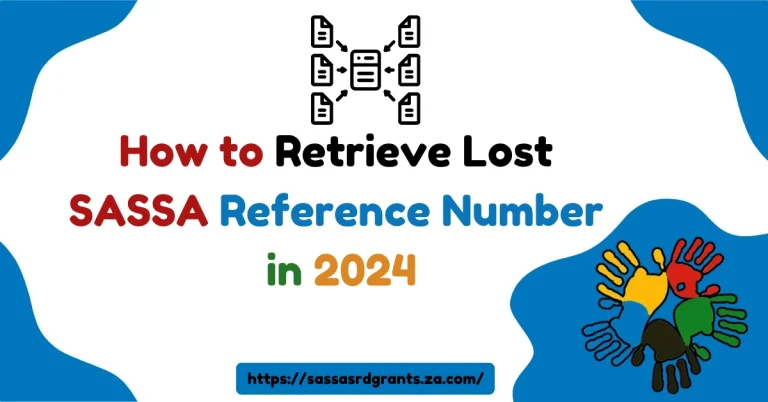How Retailers Have Been Exploiting SASSA Beneficiaries?
As someone deeply concerned about the welfare of South Africa’s vulnerable citizens, it’s disturbing to see how SASSA beneficiaries, who rely heavily on social grants to survive, are being exploited by certain retailers.
Many rely on these grants to meet their most basic needs, yet find themselves taken advantage of in subtle ways.
The exploitation tactics range from overcharging for basic goods to outright withholding of change.
It’s time to bring this issue into the light, helping beneficiaries and the general public understand the ways exploitation happens and what can be done to stop it.
This article aims to uncover the tactics used by retailers to exploit SASSA beneficiaries and offer actionable advice on identifying mistreatment.
By understanding the common signs of abuse and the ways retailers try to take advantage, beneficiaries and their advocates can fight back against these injustices.
How Retailers Exploit SASSA Beneficiaries (Quick Answer)
Retailers have been found exploiting SASSA beneficiaries through various unethical practices. Common tactics include overcharging for products, withholding change, and creating pressure to spend entire grant amounts. In some cases, even fraudulent loans with high interest rates are offered, trapping beneficiaries in debt. Additionally, phishing scams and fake websites aim to steal sensitive personal information, misdirecting SASSA funds. It’s vital for beneficiaries to recognize these schemes and report them to SASSA or appropriate authorities.
Common Signs of SASSA Beneficiary Exploitation
Understanding how to spot exploitation tactics is crucial for SASSA beneficiaries. Here are some common warning signs that retailers may be engaging in unethical practices:
- Overcharging for Goods: Retailers may mark up prices specifically for items that SASSA recipients commonly buy, making beneficiaries pay more than other customers.
- Refusing to Provide Change: Some stores refuse to provide the correct change, subtly forcing beneficiaries to buy more than they need, often to deplete their grants.
- Pressuring Beneficiaries to Spend Their Full Grant: Certain stores push beneficiaries into spending their entire SASSA grants in one visit, leaving them without funds for emergencies or other needs.
Though these tactics might seem minor, they amount to systematic exploitation. By staying vigilant, beneficiaries can better protect themselves against these exploitative practices.
Top 5 Exploitation Tactics Targeting SASSA Beneficiaries
Retailers and fraudsters use a range of tactics to take advantage of SASSA beneficiaries. Understanding these can help you avoid falling victim to exploitation:
1. Pre-Registered Identity Numbers in the SASSA System
Fraudsters often steal beneficiaries’ identity numbers and pre-register them in the SASSA system. This tactic, sometimes involving corrupt officials, allows criminals to redirect SASSA grants into fake accounts.
To avoid this, beneficiaries should safeguard personal information and report any suspicious activity to SASSA.
2. Fake Messages and Emails Requesting Personal Information
Scammers use fake messages or emails posing as SASSA communications to ask for sensitive details.
These emails often request banking information, later used for identity theft.
Beneficiaries should verify any such messages by directly contacting SASSA before sharing any personal information.
3. Phishing Calls from Scammers Impersonating SASSA
Fraudsters also use phone calls to impersonate SASSA representatives, often requesting banking or personal details under the pretense of grant verification.
It’s essential to remember that SASSA will never ask for sensitive information over the phone. Hanging up and reporting the call is the safest response.
4. Fake SASSA Websites
Scammers create lookalike websites that appear almost identical to the official SASSA site to capture beneficiaries’ personal and financial information.
When entering any details online, always ensure the website URL is correct and legitimate. Avoid any sites that seem suspicious or do not have official security markers.
5. Illegal High-Interest Loans
Some retailers or loan providers target SASSA beneficiaries with illegal loans that come with high interest rates and promises of direct deductions from social grants.
These loans are often predatory, trapping beneficiaries in continuous debt cycles. Always be wary of any loan that seems too easy or promises unrealistic terms.
Reporting SASSA Grant Exploitation
If you or someone you know has experienced exploitation, reporting it quickly is crucial. Here’s how to take action and protect your SASSA grants from further fraud:
Contact SASSA Directly
Use SASSA’s toll-free hotline to report any incidents or concerns. You can also email SASSA via their official website or visit a local SASSA office to report the issue in person.
Use the Official SASSA Website
SASSA’s official website has a fraud reporting portal. Using this platform ensures that the issue is documented properly and goes to the right channels.
National Anti-Fraud Hotline
For anonymous reporting, the National Anti-Fraud Hotline provides a secure option. This hotline covers all types of government-related fraud, including SASSA grant exploitation.
Social Media Channels
Though less secure, SASSA is active on social media platforms. You can use these channels to find out where to report incidents more formally, but avoid sharing personal details.
Local Councilors or MP
If exploitation involves widespread fraud or local corruption, consider reporting it to a local councilor or MP. This can help elevate the issue and bring more attention to the situation.
Tips for Reporting SASSA Fraud
When you decide to report SASSA exploitation, here are a few tips to ensure your report is as effective as possible:
- Include Detailed Information: Try to include names, dates, and any specific incidents. The more details you provide, the stronger your report.
- Consider Anonymous Reporting: Anonymous reporting can help protect your identity and reduce the risk of retaliation.
- Keep Evidence: Save copies of emails, messages, or other evidence that can back up your report. These may be crucial for investigations.
Frequently Asked Questions (FAQs)
Q: Why Are SASSA Grants Sometimes Not Paid?
A: Delays or non-payment may result from missing documents, incomplete reviews or applications, or issues with identification. Grants may also be suspended if irregularities are detected.
Q: Who Qualifies as a SASSA Beneficiary?
A: SASSA beneficiaries include those most vulnerable in South Africa, such as the elderly, disabled, and extremely impoverished individuals, who depend on grants for survival.
Q: Are There Legal Consequences for Retailers Who Exploit SASSA Beneficiaries?
A: Yes. Retailers found guilty of exploitation face fines, penalties, and investigations by consumer protection agencies.
Conclusion
SASSA grants are a crucial lifeline for millions of South Africans. However, retailers and fraudsters continue to exploit beneficiaries, putting their well-being and security at risk.
By raising awareness and understanding how these tactics work, beneficiaries can better protect their funds.
Moreover, reporting incidents and staying vigilant ensures that SASSA grants reach their intended recipients, securing the dignity and survival of South Africa’s most vulnerable citizens.
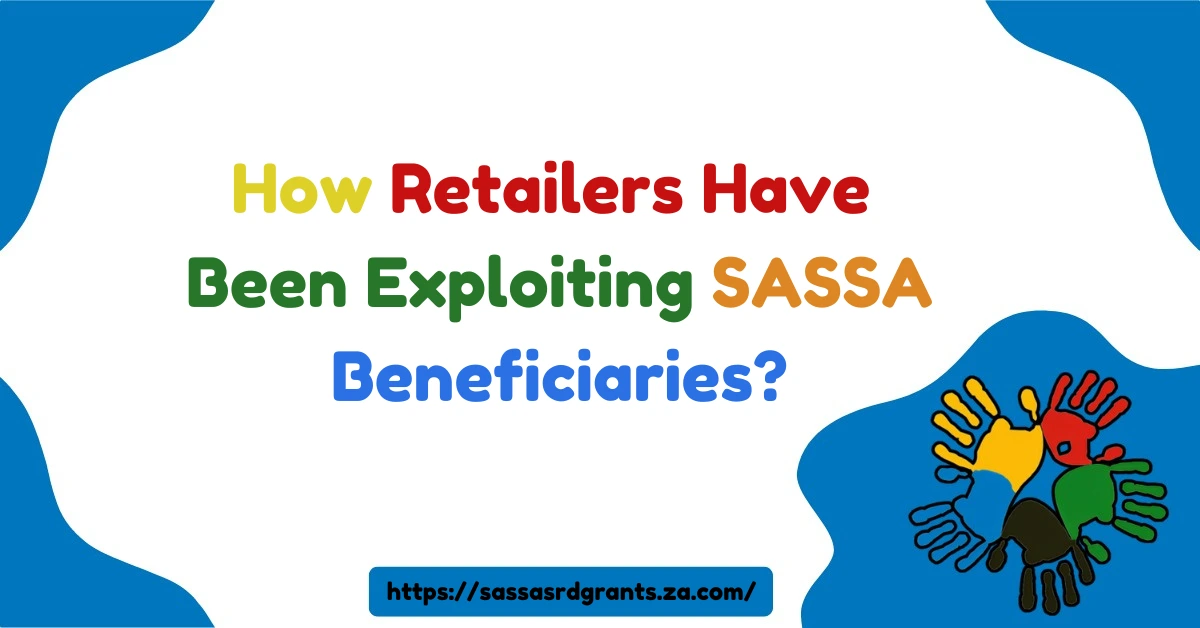
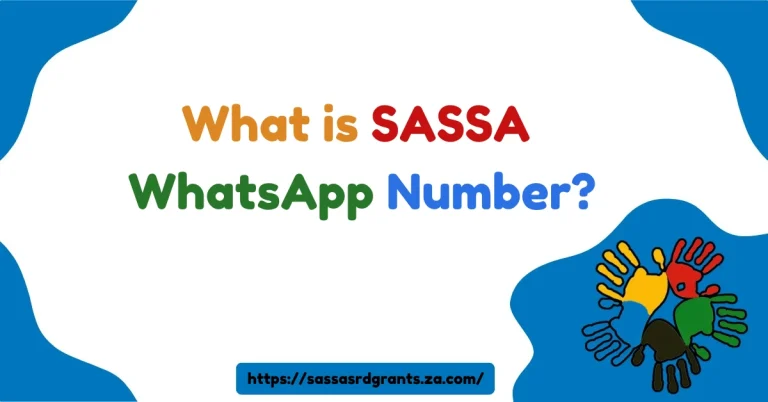
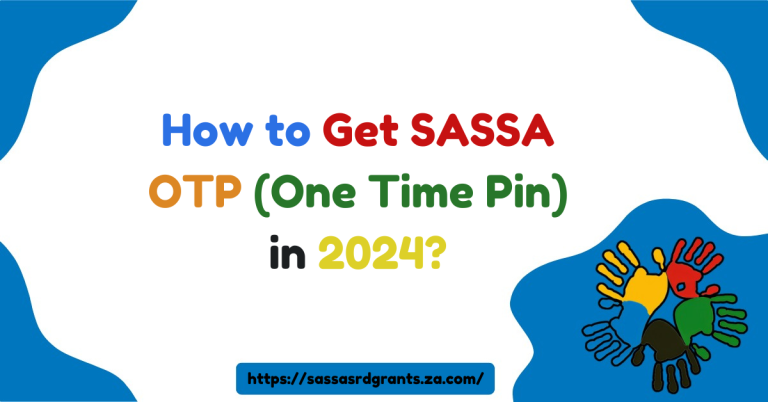

![SASSA Reapplication for SRD R370 & Other Grants in [2024]](https://sassasrdgrants.za.com/wp-content/uploads/2024/11/How-to-Register-for-SASSA-R370-Grant-on-WhatsApp-23-768x402.webp)
